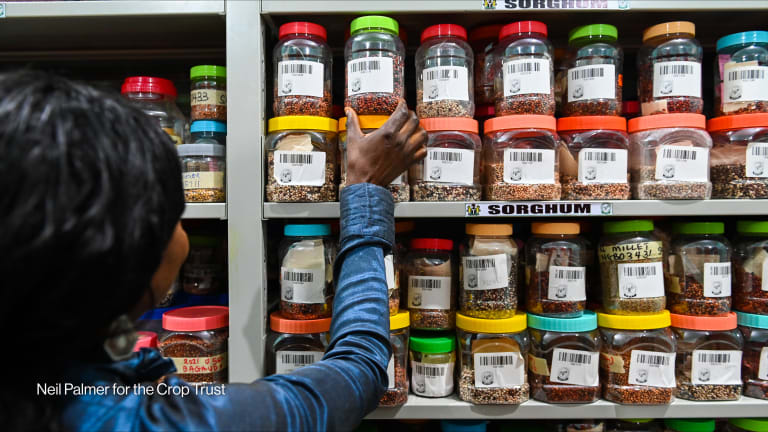
We often talk about today’s youth as being tomorrow’s leaders. And in many cases, they already are — people such as Malala Yousafzai spring readily to mind. But to nurture our future generations, the world must do more today to ensure they receive necessary health and nutritional support.
The World Health Organization is working with partners on this new frontier of adolescent health. Adolescence is not just a time of physical growth and change. It is also a period where goals and ambitions grow as well. But, sadly, more than 3000 adolescents, aged between 10 and 19, die each day from largely preventable causes.
Adolescents are the age group most affected by anemia. Overweight and obesity levels are increasing: Rates globally rose from less than 1 percent in 1975 to nearly 6 percent in girls and nearly 8 percent in boys in 2016. Four in five adolescents do not get enough physical exercise. Malnourishment, meanwhile, still represents a public health challenge.
More on NCDs at UNGA:
Much of the suffering felt by adolescents can be averted through good health services, healthy nutrition, quality education, safe environments, and social support. But when it comes to mainstream health services, adolescents are a largely invisible population: Invisible to policy makers, health service providers, and monitoring systems.
To identify adolescent nutrition challenges and propose new approaches, WHO and the Global Alliance for Improved Nutrition convened a unique meeting of experts — including young people aged 10-19 — titled Adolescents: Agents of Change for a Well-Nourished World.
A wealth of knowledge and experience was shared at the June meeting, but it was the young people themselves who taught us the most. We heard how adolescence is a phase for social and emotional learning. It is a period of opportunity for investment and a time for positive change. It is a time when the leaders of tomorrow develop the skills, intellect, and vision for future positive action.
That is why WHO is increasing attention on adolescents and adolescent health. These areas are central to WHO’s new 2019-2023 General Programme of Work: Preventing and controlling anemia, ensuring access to healthy diets, and promoting physical activity are key areas that need to be addressed.
WHO also recently published a document, “Implementing effective actions for improving adolescent nutrition.” It brings together existing WHO guidance on nutrition-specific and sensitive actions for this age group.
WHO’s current nutrition work falls under the 2016-2025 U.N. Decade of Action on Nutrition, during which governments and partners are encouraged to invest in six action areas including sustainable food systems, social protection, and trade.
It’s clear that investing in adolescents is smart. It’s a triple-win investment for the current health of the adolescent, their future health, and that of the next generation. Adolescents must claim their place right at the center of the Nutrition Decade and act for a healthier, more nutritious, and sustainable world.
The global community has recognized the power of adolescents. So what is the next step? We need effective adolescent nutrition programs and policies designed with input from the adolescents themselves. Young people must also be aware of their rights and they need to become rights-claimers.
Malala Yousafzai began advocating for education when she was only 11, but by the time she turned 17 she had received the Nobel Peace Prize. She is living proof that youth are agents of change and their actions can significantly shape the world in which we live.
At WHO and GAIN’s Geneva event, the young participants were passionate, engaged, and committed. Their concern over the state of adolescent nutrition in their countries was palpable. But they were also optimistic, ambitious, driven and hungry for change. They challenged the nutrition and health community to meet adolescents on their own terms and create initiatives that meet their needs in local contexts.
We must be ready to rise to that challenge, and help usher in healthier generations to come.
NCDs. Climate change. Financing. Read more of Devex's coverage from the 73rd U.N. General Assembly here.








